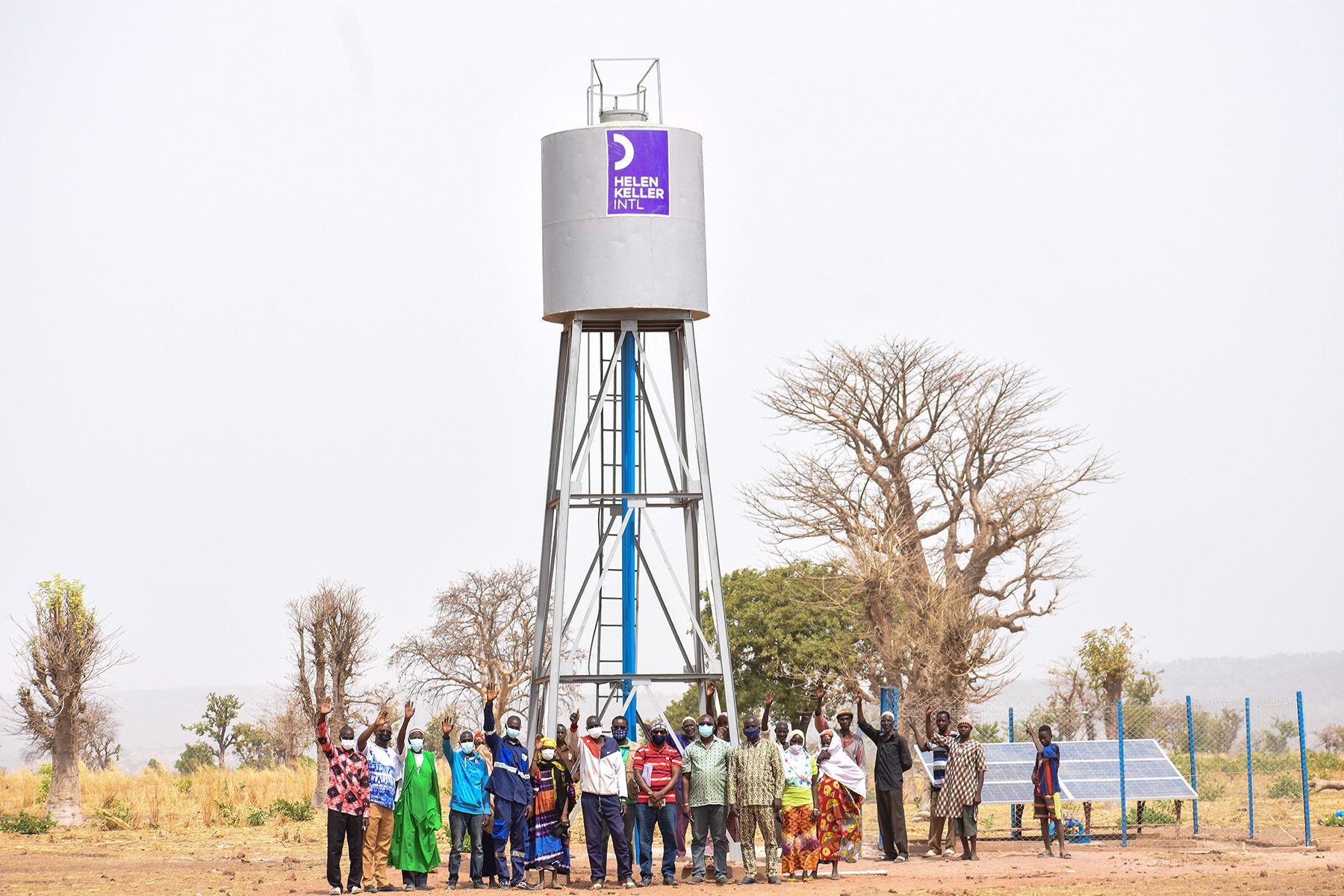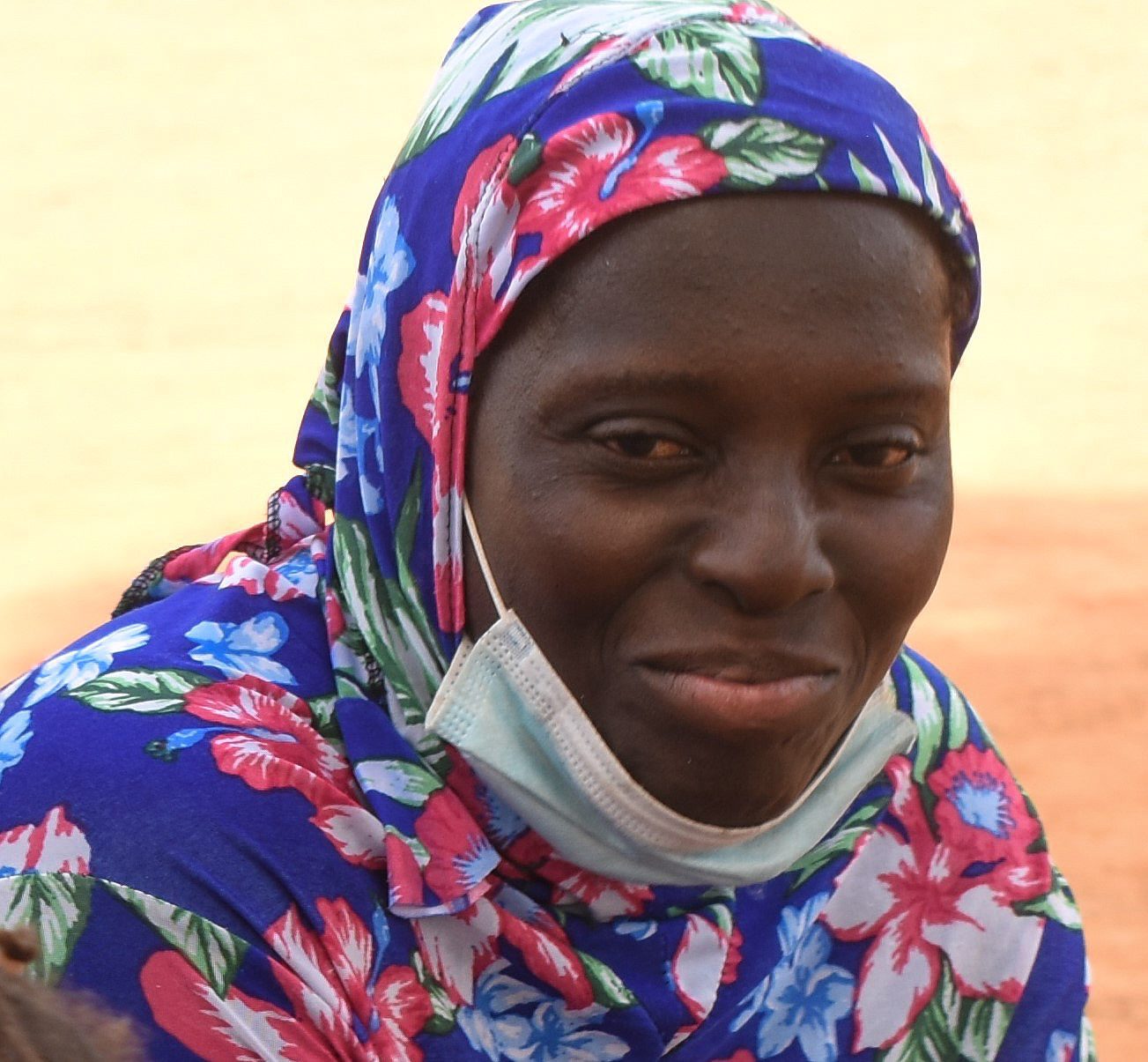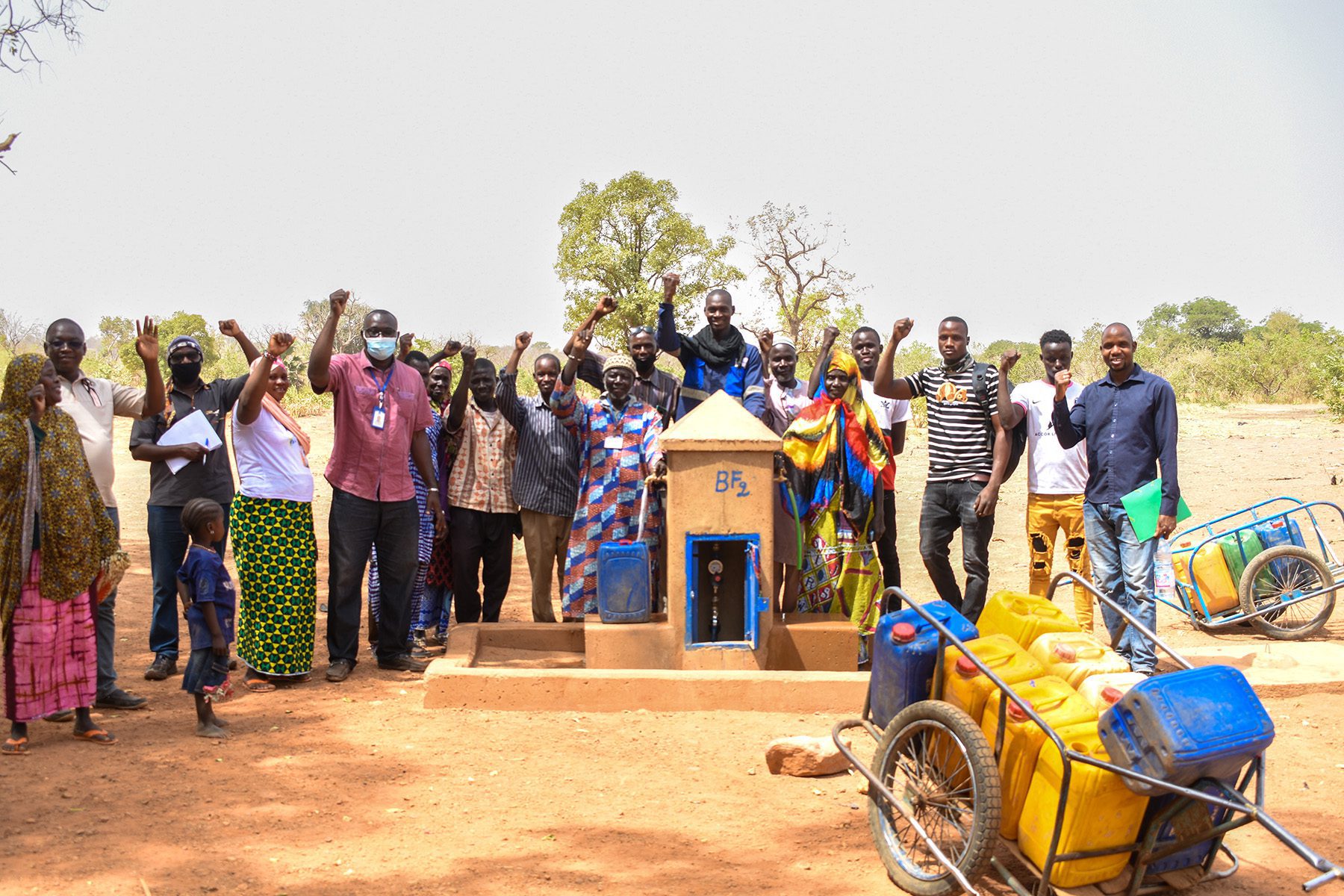A Friendly Competition Helps Eliminate Trachoma
Hawa Sissoko is a housewife in Kéréko, a small village in Mali. She, like many of her neighbors, would have to walk more than 10 miles each way to have access to clean water. Without clean water, diseases like trachoma can run rampant, and serious illness or death can occur. Her life changed after her village participated in a competition. A competition that helped eliminate trachoma.
The road to eliminating neglected tropical diseases
More than 1 billion people globally suffer from at least one neglected tropical disease. These mainly parasitic, viral, or bacterial diseases, sometimes called “diseases of poverty,” can cause blindness, undernutrition, organ damage, and painful physical deformities. In the case of trachoma, the bacterial infection can cause a person’s eyelids to turn inward and scratch their eyes, leading to irritation, blurred vision, and eventually irreversible blindness.
The road to eliminating trachoma and other preventable neglected tropical diseases involves access to clean water, health education about best practices, and community-managed treatment. Since the 1950s, Helen Keller has worked on eliminating trachoma and understands the importance of partnering with communities and the value of clean water.
The Problem with Water
Unfortunately, clean water can be a challenge for more than two billion people worldwide, including villages like Hawa’s in Mali. And the consequences of not having access to clean water are steep: globally, 1.4 million people die each year, and millions more struggle with disease, physical deformities, and shortened lives.
In the Kayes region of Mali, women traveled miles every single day to collect the minimum amount of water for their daily needs. That meant miles to the clean water source, and miles back while carrying the water.
To get water and come to prepare food for my family, I used to walk 17 km every day, but today thanks to Helen Keller, water has come to me at home.
Hawa Sissoko
This lack of safe, clean water had been ongoing for several decades in the villages of Tintila, Goungoudala, Kambélé, and Kéréko, where Hawa is from. Despite efforts made by the Malian government and private partners, there was still a lack of clean water.

Ensuring community participation through friendly competition
In 2018, Helen Keller Intl partnered with the Malian government to develop a community-led sanitation approach in 64 villages to help eradicate trachoma. To create excitement, build community buy-in, and ensure sustainable change, a friendly competition was developed – which village could be the cleanest?
The hygiene and health competition ranked 64 villages for their cleanliness and tracked their improvement from 2019 to 2020. Cleanliness was measured by guidelines defined by the state, where each criterion was scored and then ranked.
Four villages were selected as winners, including Hawa’s village of Kéréko. The winning villages were each awarded a borehole for their village. These long pipes helped communities find water sources and store up to 5,000 liters of water in the tower tank!

Not only did the competition help communities embrace hygiene and sanitation practices, but it created a local, sustainable source of clean water. With constant access to clean water and new hygiene practices, these villages are better equipped to fight and prevent diseases like trachoma.
The Road to Eliminating Trachoma as a Public Health Risk

After seeing the success of other villages, surrounding areas that work with Helen Keller have worked to maintain cleaner villages and adopt good hygiene practices too. Hawa also shared that residents of neighboring villages have now relocated to her village for easier access to water.
Changes like these not only help prevent disease, but also create opportunity. It saves miles each day for women in the villages, allows children to focus on learning, and creates a healthier community.
This work has paid off considerably. Last month, the World Health Organization announced the elimination of trachoma as a public health problem in Mali!

Help villages like Hawa’s beat neglected tropical diseases!





